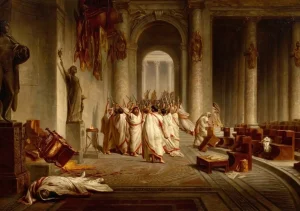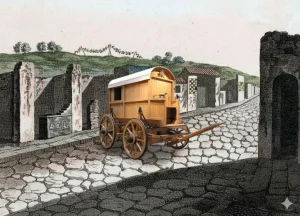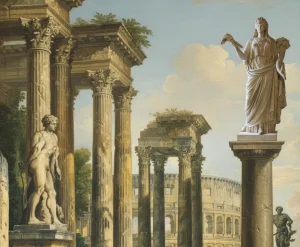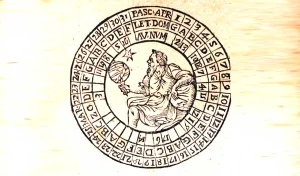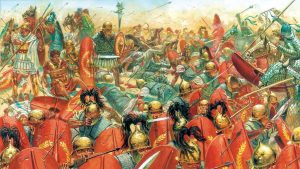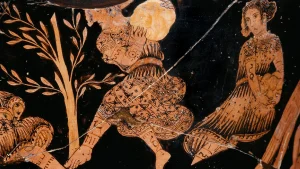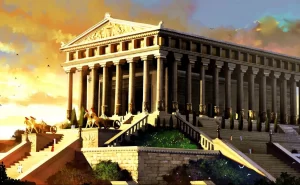Category Archives: Ancient Rome
Julius Caesar and the Danger of Punishment Without Due Process
Julius Caesar has long been tied to American ideas of liberty and republican government.
How Rome Educated Its Slaves
In Rome, knowledge wasn’t just power—it was property. The story of Daphnis, Cato, Atticus, and
Roman Roads: Engineering, Empire & Everyday Life
Roman roads were more than routes—they were Rome’s operating system. With 250,000 miles engineered for
Livia Augusta—First Roman Empress
When Livia Drusilla married Octavian, she became the world’s first Roman empress. Cast as the
Julius and his Lasting Calendar
Julius Caesar did not conquer the sun. He did something more human and more lasting:
Crassus and the Catastrophe at Carrhae
Carrhae was not just a loss on the battlefield—it was the moment Rome realized it
Thrace – Birthplace of Ares and Spartacus
From Ares to Spartacus, Thrace’s spirit endures: wild, untamed, and unforgettable.
An Eastern Glimpse of Rome’s Founding Myth
According to the legend, the princess Rhea Silvia somehow became pregnant, breaking her Vestal vows
Hannibal’s Mastery: Crushing the Roman Army
Hannibal would never rule Rome, but he shaped its destiny.
Arsinoe IV: Cleopatra’s Forgotten Rival
Arsinoe's leadership during the Alexandrian War was marked by strategic acumen.
- 1
- 2

